Entertainment
Jane Martin: Disability and Writing her Own Path Into Theatre
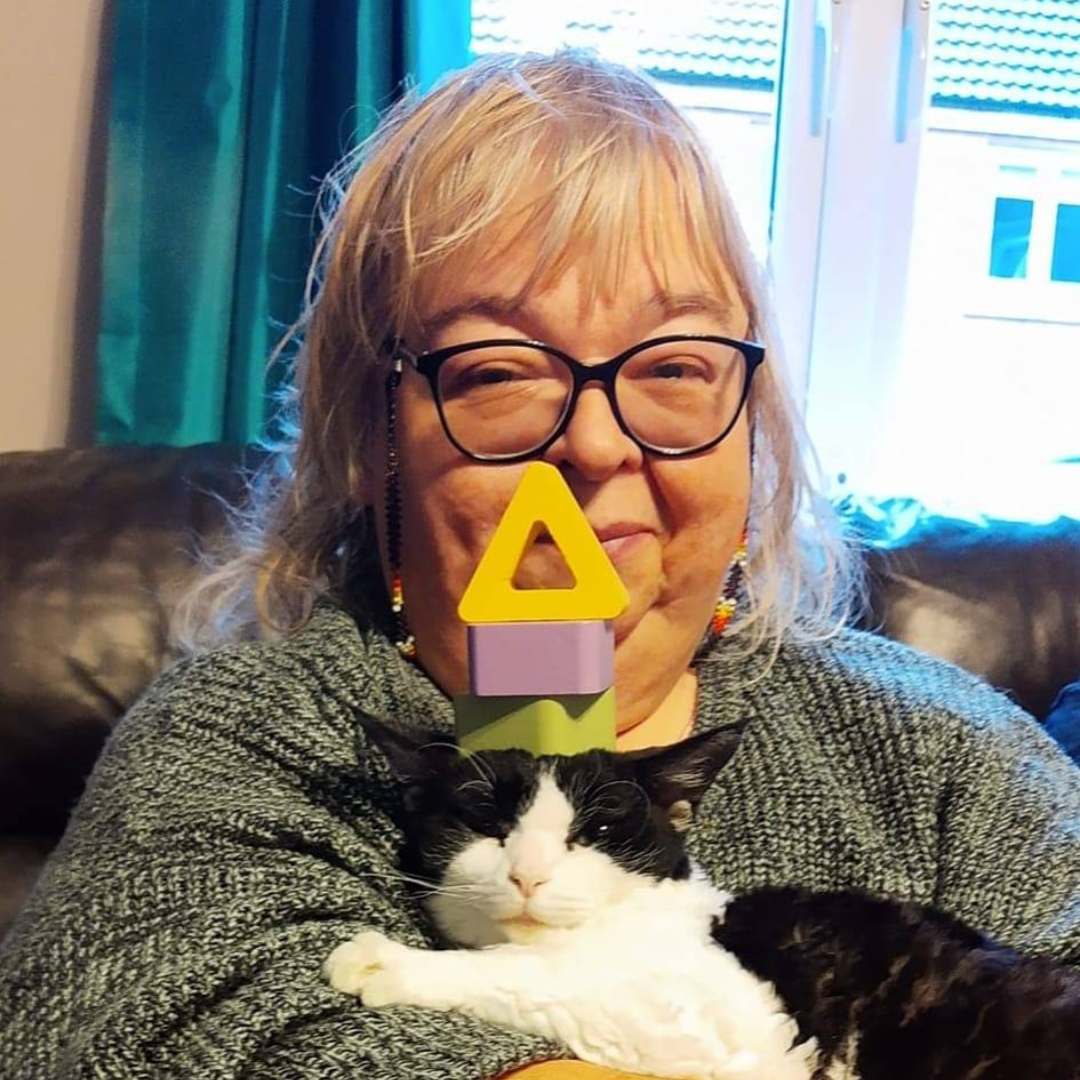
Jane Martin and her path to theatre
Jane Martin has always had a passion for theatre. She describes how her interest stems from wanting to be a detective or a writer at the young age of five. Given her diagnosis of Juvenile Idiopathic Arthritis when she was two years old, Jane opted to be a writer. She had both hips replaced when she was 19 and had difficulty walking. After suffering a bad break to her leg in 2010, she was then reliant on wheels to get around. This quashed her hopes of being able to run after ‘baddies’ if she chose to be a detective.
Her passion for theatre
There is so much more to Jane’s story because she hasn’t let physical limitations hold her back. She has taken her love of writing and theatre and carved out some amazing achievements throughout the years.
I asked Jane where her interest in the theatre began. She told me, “I became interested in theatre when I was about eight, trying to get my school friends to perform Wind in the Willows. I was very lucky to grow up near a small amateur theatre in Surrey which gave me experience in most aspects of theatre. I have written and directed a number of plays, but when I moved from Surrey to Lowestoft in Suffolk in 2009, I took a break from theatre.”
Jane also credits her parents as a major influence, having been season ticket holders at the Redgrave Theatre in Farnham. This allowed her to see more theatre than she would if her family just bought tickets to selected plays.
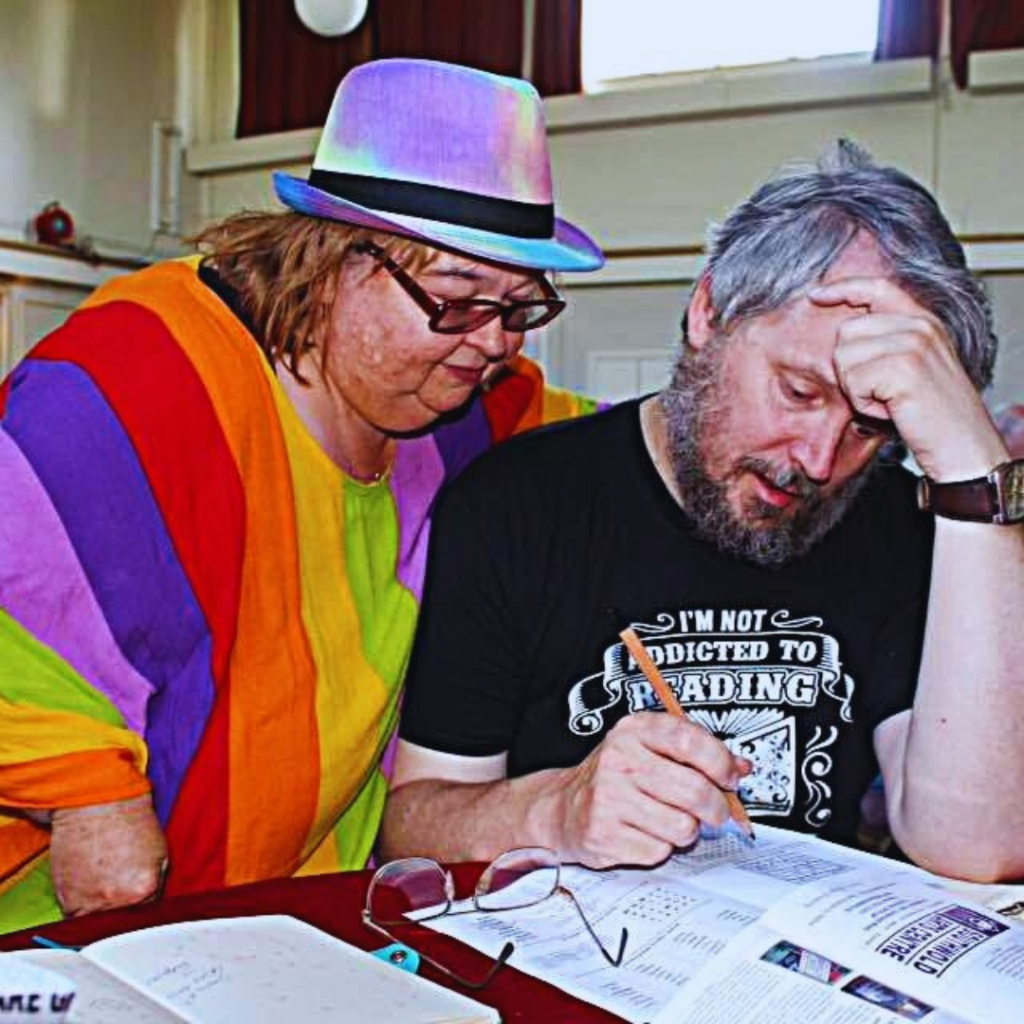
Writing her own plays
She wrote a play in 2019, with the plan to take it to Edinburgh Fringe in 2020. ‘Overlooked’ features a character who is a wheelchair user. Jane says, “Instead, I wrote a 15-minute monologue which I performed and filmed as part of the online festival. That was when I decided I needed to continue with the project but perform the role of the wheelchair user myself. I’d always shied away from performing – most roles required more physicality than I could give. Then I did some voice acting for a comedy soap I wrote with a friend for community radio, and really enjoyed it. Making the film was a step closer to performing live. It helped that I got some really positive feedback.”
From writing to acting
After relocating to Manchester with her husband, Jane watched a production at Guidebridge Theatre shortly after lockdown, which later became the first stage she performed on. First in Morecambe and Wise’s Mastermind sketch, then in the premier of Overlooked. She worked with other theatre members to create more material for production. This led to the creation of the writer’s group, Writers INK, and Fresh Voices, which will showcase four new one-act plays and two monologues.
These new productions include overlooked, and also The Ink Runs Dry by TV McKaren, which is directed by Jane. Performances take place between 13 and 15 April at Guidebridge Theatre, and you can see Overlooked performed in Edinburgh from 14 to 19 August 2023.
As if all that wasn’t enough, Jane has a literary agent for her YA novel featuring a teenage protagonist with a disability. So, keep an eye on the shelves of your local bookstore, because her book may be there someday.
If you’re local to Guidebridge, or just visiting the area and feeling inspired, you can also attend (and maybe even perform at) one of the quarterly spotlight nights held at Guidebridge Theatre and hosted by Jane. The first night back in January was an enormous success, with poets, storytellers, musicians and even a magician performing to an audience in a packed-out room.
Culture
Neurodiverse Filmmakers Shone in New York Film Festivals
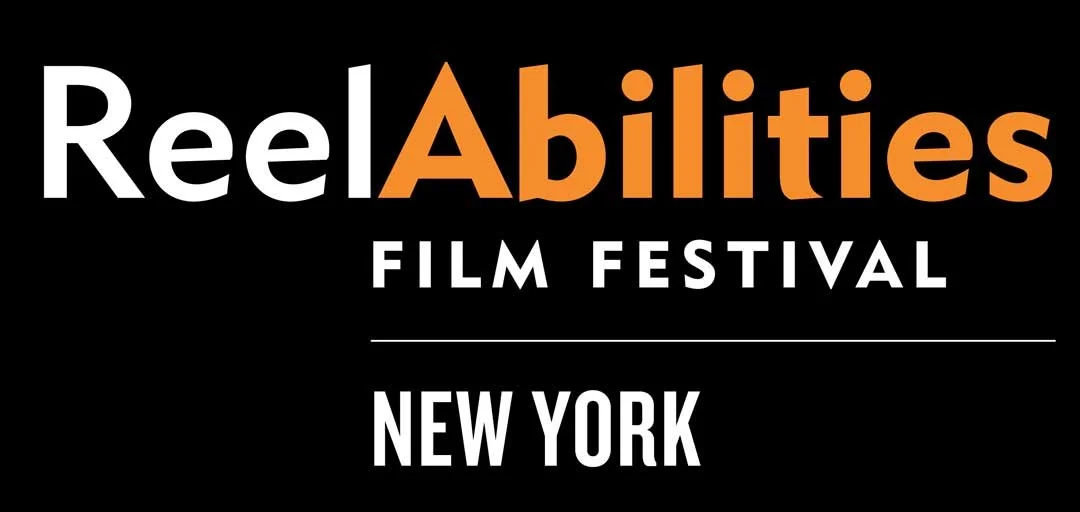
Two prestigious New York-based film festivals, the Marvels of Media and ReelAbilities, recently showcased the transformative power of cinema through narratives crafted by and about neurodiverse individuals. These events not only highlighted diverse films but also marked a significant shift in the film industry’s approach to neurodiversity.
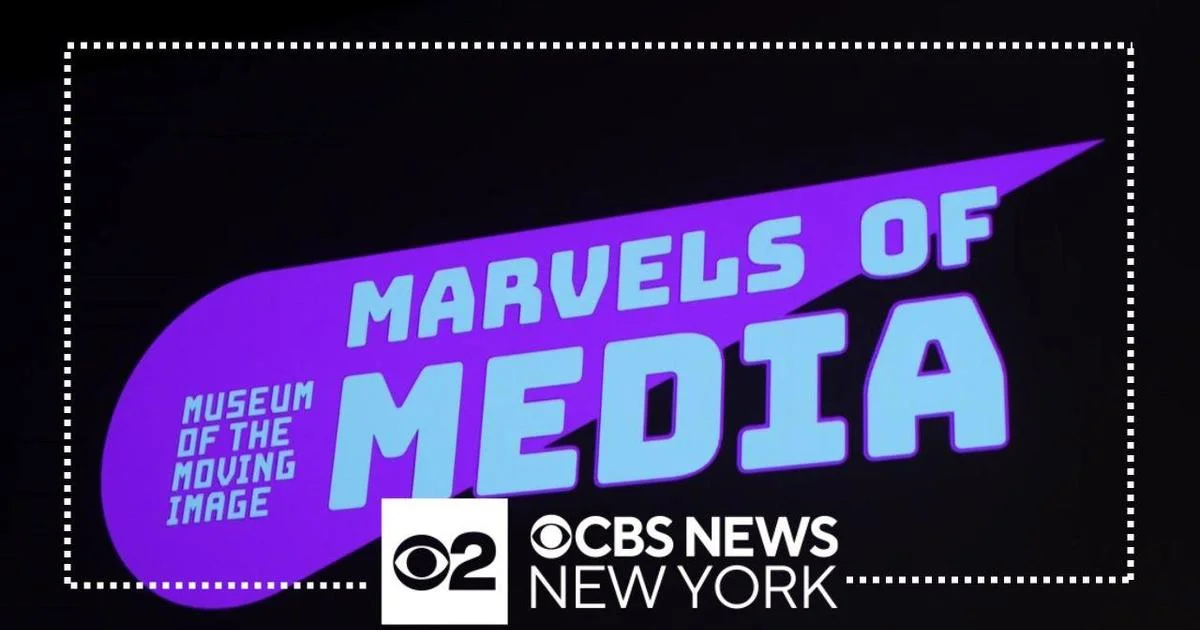
Marvels of Media Festival: Celebrating Autistic Mediamakers The Marvels of Media Festival, held at the Museum of the Moving Image (MoMI) in Queens, became a pioneering platform for mediamakers with autism. Screenwriter Tony Spiridakis, initially unfamiliar with the festival, became an avid supporter after penning his film Ezra, which explores parenting a child on the spectrum. MoMI’s festival offered an unfiltered glimpse into the unique perspectives of autistic creators, challenging the industry to embrace and learn from their authenticity.
ReelAbilities Film Festival: A Stage for Diverse Narratives Simultaneously, the ReelAbilities Film Festival, which ran in early April, featured the New York premiere of Ezra on its opening night. This festival has been a cornerstone for disabled filmmakers and narratives, spotlighting how diverse storytelling can enrich cinema. ReelAbilities co-founder Isaac Zablocki highlighted that films focusing on disabilities are not only marketable because they’re different but also because they bring essential perspectives to the forefront of cinematic discourse.
Impact and Insights from Industry Leaders Both festivals demonstrated their commitment to changing narratives around neurodivergence and disability. Dani Bowman, CEO of Danimation Entertainment and a star in Netflix’s Love on the Spectrum, shared her experiences at MoMI’s “Unique Romances” program. Her journey in animation and television has been pivotal in challenging stereotypes and promoting inclusivity.
Cultural Shifts and Community Building The festivals also fostered community and collaboration among filmmakers and artists. MoMI’s executive director Aziz Isham expressed that the festival was more than just a showcase of films; it was a celebration and a gathering place for neurodiverse makers and their allies to share ideas and build networks.
Looking Forward The Marvels of Media and ReelAbilities film festivals have already made significant strides in elevating neurodiverse voices within the mainstream media landscape. Their past editions have not only featured compelling films but also facilitated discussions and workshops that empowered participants and viewers alike. These festivals are pivotal in shaping a more inclusive and empathetic film industry, promising a future where diverse perspectives are not just recognized but are integral to storytelling.
New York Film Festivals Celebrate Neurodiverse Filmmakers, Showcasing Diverse Narratives and Empowering Voices
The impact of the Marvels of Media and ReelAbilities film festivals extends beyond their screenings. They are pivotal in challenging the norms of Hollywood and the broader film industry, advocating for a cinematic world where neurodiversity is not an exception but a vital part of the narrative landscape. As these festivals continue to inspire and innovate, they ensure that the voices of neurodiverse filmmakers and characters resonate louder and reach farther than ever before.
Entertainment
Parents Aid Intellectually Disabled in College Degrees
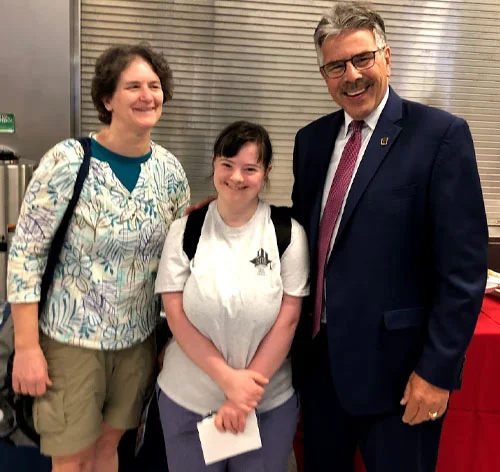
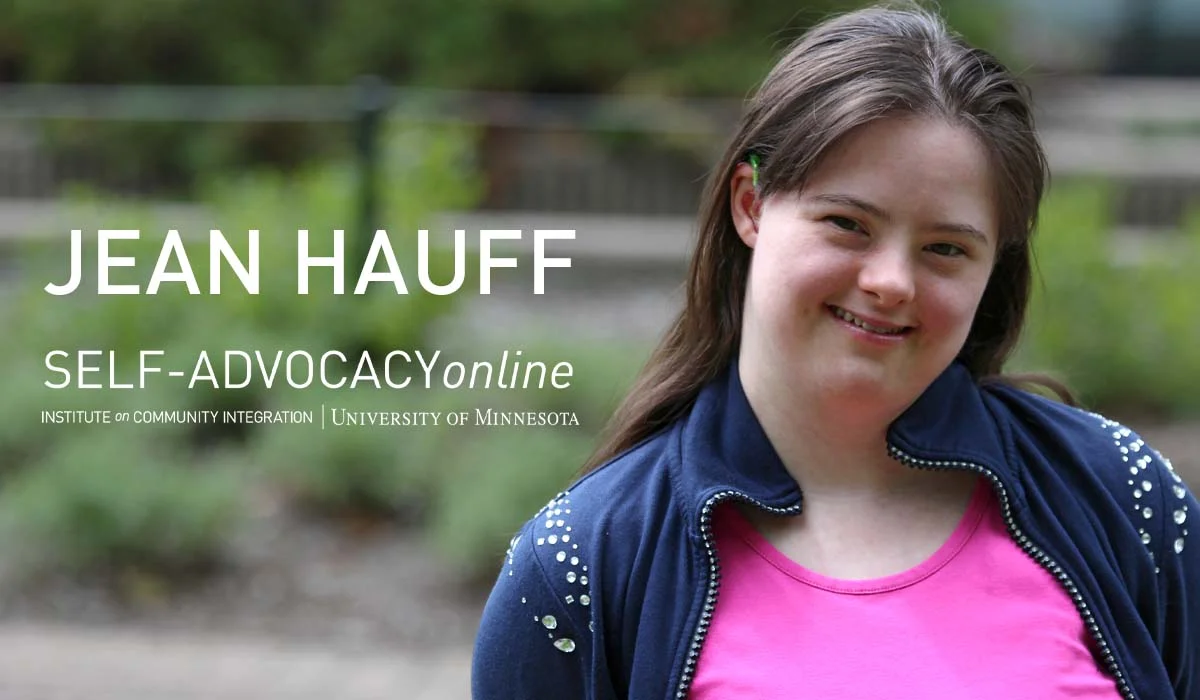
In her home state of Minnesota, the dream of college seemed out of reach for Jean Hauff, a young woman with Down syndrome. She wanted to pursue a career in mass media, but no Minnesota school offered the intellectual disabilities college programs or specific support services she craved.
Jean faced this troubling reality because Minnesota lacked a system that embraced students with disabilities (ID) within mainstream higher education. Existing programs were limited, offering neither the desired fields of study nor the promise of a fulfilling college experience. This situation caused worry for Mary Hauff, Jean’s mother, who since Jean’s birth has been a champion of inclusive education.
This frustration fueled the creation of the Minnesota Inclusive Higher Education Consortium in 2019. This powerful coalition, composed of parents and disabilities advocates, embarked on a mission to transform the higher education landscape for students like Jean.
The efforts of this coalition made a significant turning point in 2023 as the Minnesota Legislature began to recognize the potential and the right of intellectually disabled students. A significant $2 million was allocated for a period of two years to promote inclusive higher education in the region. This brought smiles to parents whose children struggle with ID, highlighting the importance of parental aid degrees.
The vision is clear: students with ID deserve the same opportunities as their peers – the same range of study options, enriching campus experiences, and the chance to earn meaningful credentials. Experts believe that a substantial portion of the allocated funds will directly empower colleges to develop innovative methods to attract and support students with ID, providing much-needed college degrees assistance.
Another crucial aspect of this initiative is the creation of a technical assistance center, funded with $500,000 and housed at the University of Minnesota. This center serves as a central hub for expertise, offering best practices on providing inclusive postsecondary education. Students with ID themselves have a significant voice in shaping this center’s direction, with half the members of its advisory committee coming from this very community.
A past attempt at attending a technical college left Dupree Edwards, a Minnesotan with ID, feeling unsupported and ultimately led him to abandon his pursuit. However, Edwards thrives when given accessible learning materials and a structured environment that caters to his learning pace. The news of the legislation was met with immense joy by Edwards, who aspires to pursue formal studies in performing arts – a dream that now seems achievable thanks to increased disabilities support college.
The Higher Education Opportunity Act of 2008 also laid the groundwork for increased college access for students with ID nationwide. Today, Minnesota joins states like Kentucky, which established a similar technical assistance center in 2020, witnessing a subsequent doubling of college opportunities and disabilities within the state.
Also, institutions can apply for grants of up to $200,000 per year for four years, empowering them to develop or strengthen their capacity to support students with ID. This highlights the importance of inclusive education.
For Jean Hauff, whose college journey took her outside Minnesota due to a lack of suitable options, this initiative holds immense significance. Despite a positive experience at Duquesne University’s pilot program for students with ID, she eventually had to transfer due to program changes.
Now, with this renewed hope, Jean aspires to pursue her education and career goals within her home state.
While this groundbreaking investment serves as a beacon of hope for students with ID in Minnesota, many students like Jean feel that with the help of parents and disabilities advocates, it’s possible to go to college and become whatever they dreamed to be.
Written by Yahuza Bawage
Entertainment
Breaking Barriers: Inspiring Leadership from Physically Disabled CEOs
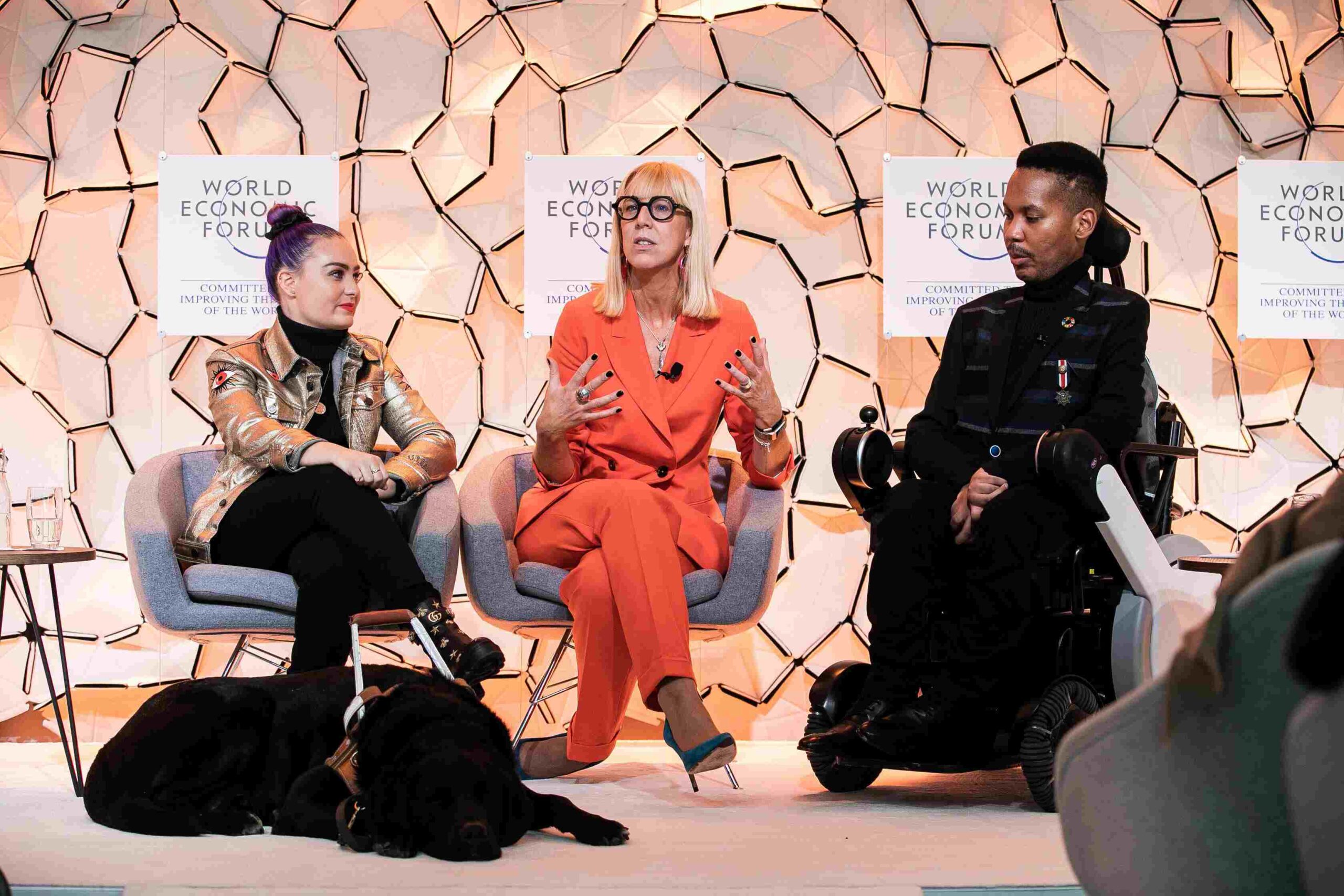
In the realm of corporate leadership, a group of remarkable individuals is not just making waves but breaking down barriers—CEOs who, despite facing physical challenges, have risen to the top echelons of their respective industries. Their stories of resilience, determination, and success serve as beacons of inspiration. Let’s delve into the lives and achievements of the top five physically disabled CEOs who are transforming perceptions and paving the way for a more inclusive future.
Satya Nadella – Microsoft:
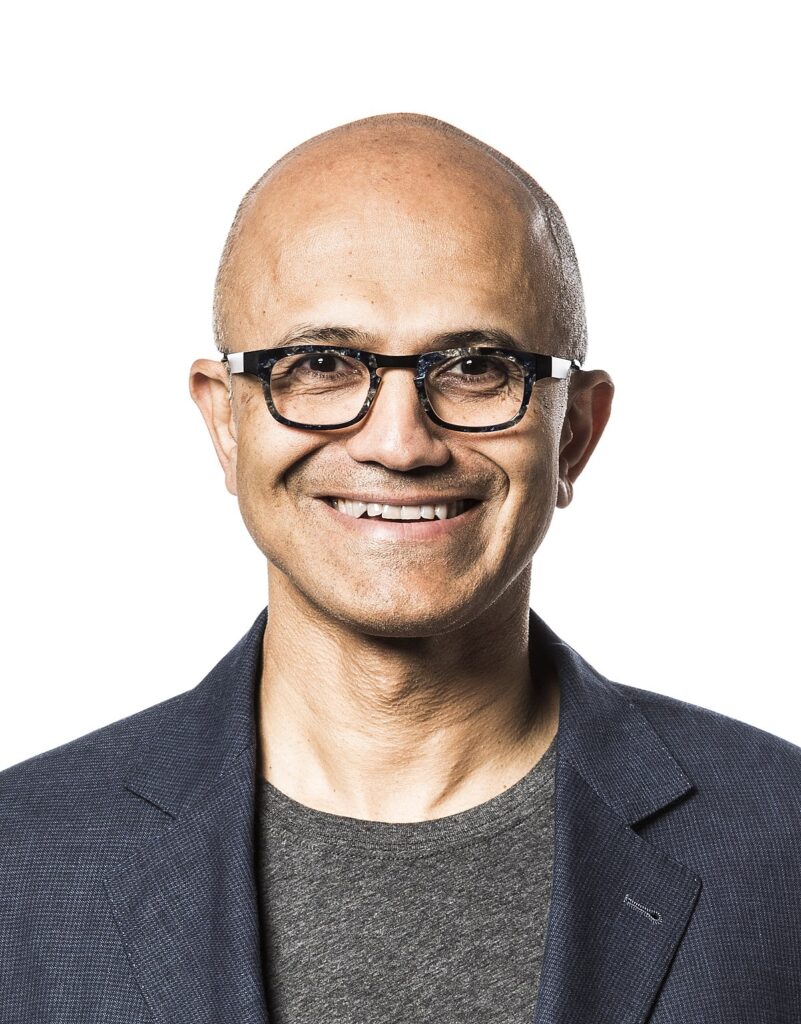
Satya Nadella, the CEO of Microsoft, stands as a testament to the power of inclusive leadership. Though not physically disabled himself, Nadella’s commitment to accessibility and empathy in technology has been shaped by his son Zain, who has cerebral palsy. Under Nadella’s leadership, Microsoft has prioritized accessibility initiatives, creating technology that caters to individuals with diverse abilities.
Jen Easterly – Cybersecurity and Infrastructure Security Agency (CISA):

Jen Easterly, Director of the Cybersecurity and Infrastructure Security Agency (CISA) in the United States, has had a distinguished career in cybersecurity and counterterrorism. Easterly’s achievements highlight the importance of diverse perspectives in critical fields. Despite facing physical challenges, she has risen to lead a key agency responsible for securing the nation’s critical infrastructure.
Alexandra Reeve Givens – Center for Democracy & Technology:
Alexandra Reeve Givens, President and CEO of the Center for Democracy & Technology, has combined her legal expertise with a commitment to technology policy. Daughter of the late Christopher Reeve, she carries on his legacy of resilience. Givens advocates for digital rights and is a prominent voice in discussions surrounding privacy, online freedom, and disability rights.
John Kemp – The Viscardi Center:

John Kemp, President and CEO of The Viscardi Center, has dedicated his career to empowering people with disabilities. As a person with a disability himself, Kemp’s leadership has played a pivotal role in advancing disability rights and accessibility. His work at The Viscardi Center focuses on education, employment, and empowerment for individuals with disabilities.
Caroline Casey – The Valuable 500:
Caroline Casey, though not a CEO in a traditional sense, is the founder of The Valuable 500, a global initiative advocating for disability inclusion in business. Casey, who is visually impaired, has been a driving force behind major corporations committing to making their workplaces more inclusive. Her work emphasizes the business case for diversity, challenging companies to prioritize disability inclusion at the highest levels.
The journeys of these physically disabled CEOs highlight that leadership knows no physical bounds. Their stories inspire us to reevaluate preconceptions and recognize the value of diversity in leadership


















